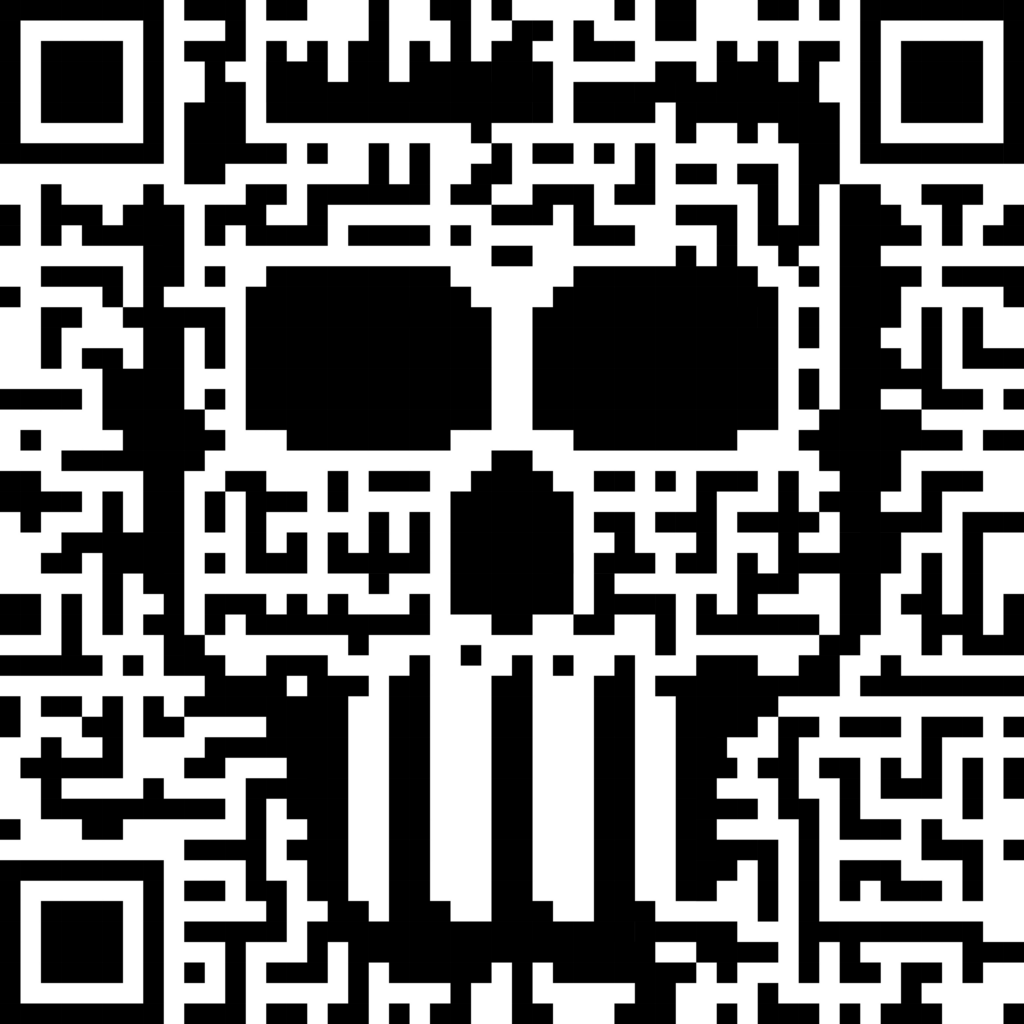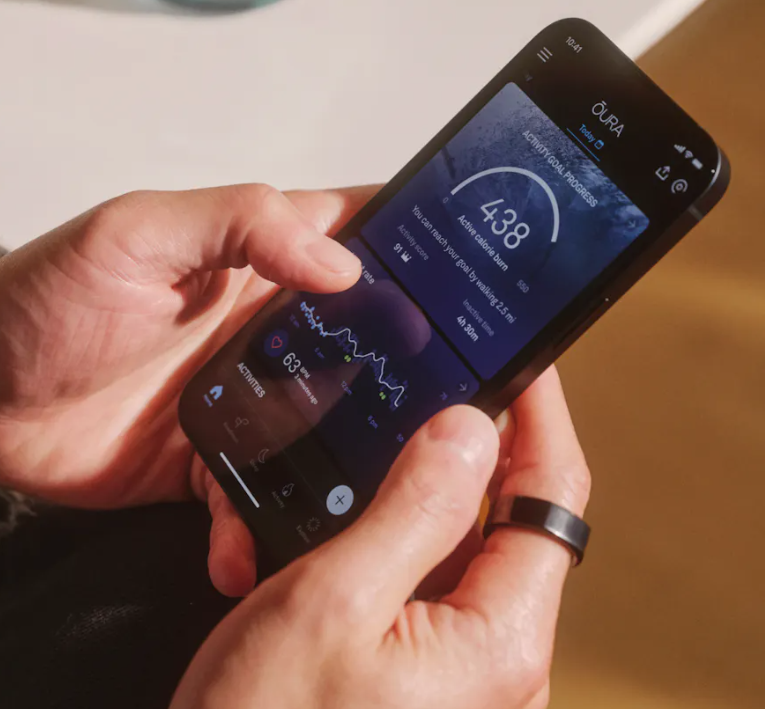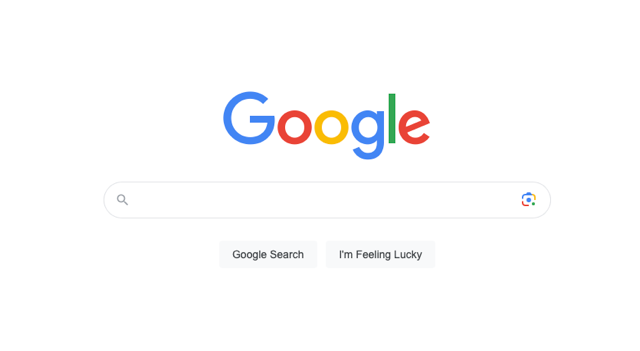 QR codes have been around for quite a while but became increasingly popular during the hands-free days of the pandemic. These funky-looking square codes hold valuable information and can be a handy tool, however, bad guys are using fake QR codes to trick unsuspecting people to visit harmful websites where they can steal your money, infect your device with malware or steal your private data.
QR codes have been around for quite a while but became increasingly popular during the hands-free days of the pandemic. These funky-looking square codes hold valuable information and can be a handy tool, however, bad guys are using fake QR codes to trick unsuspecting people to visit harmful websites where they can steal your money, infect your device with malware or steal your private data.
How Do Fake QR Code Scams Work?
Creating a fake QR code is easy as there are many websites where you can create them for free or a small fee. And since most codes look similar, it is easy to print them on adhesive paper and cover legitimate ones undetected. When you scan it, it takes you to a fake website that appears real, and they might ask for information they can use for nefarious purposes.
Where Are Fake QR Code Scams Found?
Fake QR codes can be found almost anywhere, which makes it important to be cautious. Common locations where fake QR codes are frequently found include:
- Advertisements: Fake QR codes can be placed on posters, flyers, or banners. These ads could be in public spaces, on transit billboards, or even inside malls and shopping centers.
- Social Media: They are frequently shared on social media platforms through posts, messages, or ads enticing offers or giveaways to lure people into scanning these codes.
- Emails and Messages: Be cautious of QR codes received via email or messages, especially from unknown or suspicious senders, as bad guys might try to trick you into clicking these codes to access malicious websites.
- Restaurant Menus: In some cases, scammers might cover or replace legitimate QR codes on restaurant menus with fake ones. When scanned, these codes could lead to fake websites or prompt you to enter personal information.
- Product Packaging: Fake QR codes can be found on product packaging particularly when products are purchased from unofficial or unverified sources.
- Public Transport: Since real QR codes are frequently found in bus stops, train stations, or subway platforms, scammers often try to replace them with fake ones targeting commuters and travelers who may scan them out of curiosity or for convenience.
- Parking Meters and Kiosks: Paying for parking can be annoying, but it is often unavoidable. But scammers have been successful creating fake ones to cover the real ones all over Atlanta, so it is often better to go directly to the parking website and enter your information from there.
- Online Shopping Websites: Scammers may list products on online marketplaces with fake QR codes as a way to deceive potential buyers, instead leading them to phishing sites or fake payment portals.
- Business Cards: Beware of QR codes on business cards from unfamiliar or suspicious individuals. These codes could lead to websites designed to harvest your personal information.
- Public Events: QR codes at public events, trade shows, or conferences may be used for nefarious purposes too, so always be cautious when scanning codes at such gatherings.
How Can You Avoid Fake QR Code Scams?
- Be Cautious: Only scan QR codes from trusted sources and avoid ones from random websites or those that you receive in emails or messages from unknown senders.
- Check the URL: When scanning a QR Code, always look at the URL it takes you to and make sure it starts with https:// and not “http://.” Also look for small errors, such as amaxon.com vs. amazon.com. If it looks strange or unfamiliar, exit from the site immediately.
- Avoid QR Code Scanner Apps from a Trusted Source: The FBI recommends avoiding QR scanner apps since they can increase your risk of downloading malware. If you must use a scanner app, download it from a reliable app store like Google Play Store or Apple App Store and look for those that include measures to ensure apps are safe and secure. For most people, the easiest (and arguably safest) QR scanner is your phone’s camera.
- Update Your Device: Keep your smartphone or tablet’s operating system and apps up to date since security improvements that can protect you from potential scams according to CloudSecureTech, are often included.
- Trust Your Instincts: If something feels off or too good to be true, it probably is. Don’t be afraid to say “no” to scanning a QR code if you have any doubts about its legitimacy.






